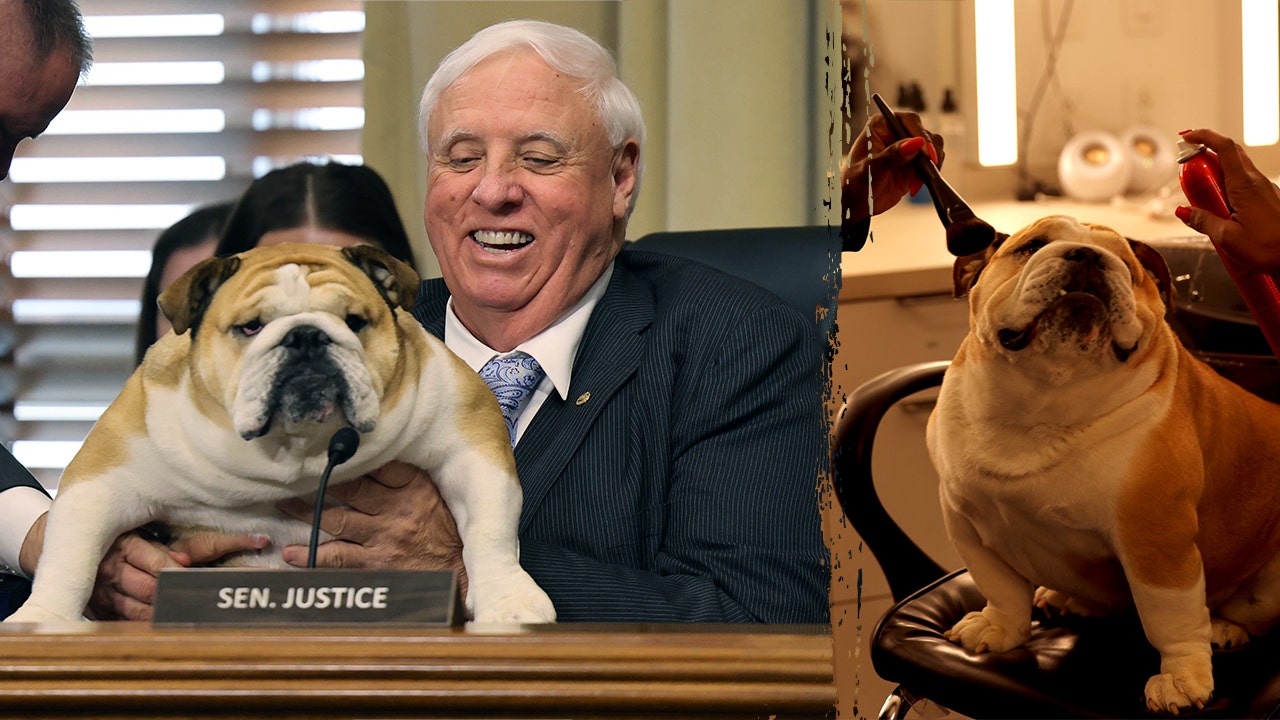Using safe words in the sack is a way many couples stay on the same page between the sheets.
But for Locke and Ashley Haman, their safe word, “sassafras,” has less to do with hot and heavy petting and more to do with effective parenting.
“When one of us is having a hard time with the kids — we could be very legitimately frustrated or completely out of line and not our best moment — we use the safe word to tap one another out,” Haman, 38, a married dad of four from New Hampshire, told The Post.
And it’s currently trending as the mother lode of all mom-and-dad hacks.
The safe word strategy is neither “gentle parenting,” a laissez-faire approach that encourages permissiveness over punishment, nor “benign neglect,” which involves overly independent kids raising themselves without much adult intervention.
Instead, safe words empower parents to collaboratively correct a child’s bad behavior without becoming irate or undermining one another.
“If I’m losing control or being too harsh with the kids, Ashley says the safe word to let me know that I need to walk away and let her take over,” said Haman, a lifestyle podcaster.
His “safe words” words of wisdom scared up over 4 million Instagram views from virtual fans of the trick, hailing it “brilliant” and confirming that it works like “magic.”
“It’s not as exciting as using a safe word in the bedroom,” Haman teased to The Post, adding that trendy technique has helped keep his emotions at bay during tough times with his squad, all homeschooled tots ranging from ages 5 to 14.
“But it can drastically improve your parenting.”
Yamalis Diaz, a child and adolescent psychologist with NYU Langone Health, agrees.
“The absolute primary rule in co-parenting is to avoid having a disagreement about parenting in front of the kids,” said Diaz. “It creates a divide between mom and dad, which causes more conflict.”
“If they see one parent intervening on the other parent, it’s almost like that first parent is being demoted,” she explained, “or like they need to be parented.”
Safe words, instead, support constructive communication.
“The use of these words or phrases tells the angrier parent that they need a break because something they’re saying or doing is not OK,” Diaz said, noting that tots, tweens and teens typically miss the message when mom or dad is blowing their top.
She says the best-taught lessons are often learned when cooler heads prevail.
“With safe words, the parents are tagging each other in and out of the discussion — almost like wrestlers in a match.”
And to avoid getting pinned, the pro suggests parents use buzzwords or short sentences that are common enough to come up in everyday conversation but still too difficult for the kiddos to decode.
“Using phrases like ‘Yamalis is on the phone’ or ‘Hey, I think we need milk’ are subtle enough that kids won’t detect [them as a parenting tool],” advised Diaz.
Christina and Giovanni Stabile, 43, simply say “yellow” to keep one another from seeing red when dealing with their “strong-willed” 8-year-old son, whose name they opted to withhold for privacy.
“That one little word gives us a two-second window of disruption,” said Christina, a self-help influencer and children’s book author from Scranton, Pennsylvania. “It pulls us out of a negative headspace and lets the other parent tag in.”
She and Giovanni began implementing safe words two years ago, just after their son’s Attention Deficit Hyperactivity Disorder (ADHD) diagnosis. It’s a condition that often causes him to act out at home.
“Before, I’d get so triggered by his behavior — he’d argue with us and get physical at times — and I’d spin out in anger,” Christina confessed. “Now, in my moments of spinout, when husband says our safe word and I’m able to step back and snap out of it.”
The pair also relies on “rope” as a way to covertly ask each other if the issue they’re having with their kid is worth the tug-of-war, or if it’s best to just drop the rope and let the boy have his way in the matter.
“We’re modeling what he needs to do if he’s ever in conflict,” said Christina. “We’re showing him, in real-time, how to lean on a loved one for support through healthy communication.”
And the hack hasn’t only improved the couple’s relationship with their kid, but it’s, also strengthened their bond as husband and wife.
“We used to have a lot of conflict because one of us didn’t know how or when to jump into a situation that the other was having with our son,” said Christina. “But now we’re able to clearly check in with one another, to respect each other during difficult parenting situations and to remain calm because we have each other’s backs.”
“It’s a game changer.”




